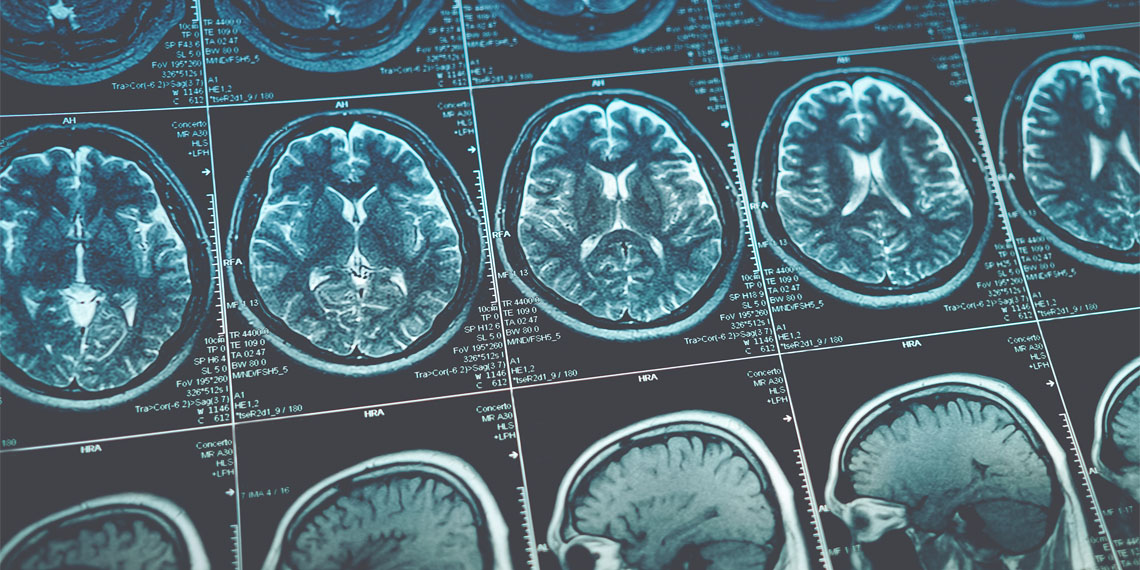A recent study of more than 30,000 participants found that individuals with untreated hypertension have a 36% higher risk of Alzheimer’s dementia compared to healthy individuals and a 42% higher risk than those who take medication to treat hypertension. However, all individuals with hypertension, regardless of treatment, had an increased risk of non-Alzheimer’s dementias. The research was published in Neurology.
Hypertension, or high blood pressure, is a condition in which the force of blood against artery walls is persistently too high, straining the heart and blood vessels. It often develops without noticeable symptoms. Untreated hypertension can lead to serious complications such as heart disease and stroke. Factors like age, genetics, lifestyle, and diet contribute to its development.
Chronic high blood pressure can damage blood vessels in the brain, leading to reduced blood flow and brain tissue damage. Despite this, meta-analytic studies have consistently reported no link between late-life blood pressure and Alzheimer’s dementia or vascular dementia. Some researchers suggest this might be a false finding and that the association between dementia and hypertension may not be linear. Additionally, studies have associated antihypertensive medications with a 13% reduced risk of dementia. If hypertension were not a factor in dementia development, such findings would be unexpected.
A large team of researchers, publishing under the name the Cohort Studies of Memory in an International Consortium (COSMIC) Group, conducted a meta-analytic study to better understand whether previous hypertension and the use of antihypertensive medication modify the risk of Alzheimer’s and non-Alzheimer’s dementias in older adults. They also aimed to estimate the ideal blood pressure for reducing the risk of dementia.
Alzheimer’s dementia is a progressive neurological disorder characterized by memory loss, cognitive decline, and behavioral changes, caused by the degeneration of brain cells. It primarily affects older individuals. However, it is not the only type of dementia, and this study also considered other forms.
The study authors analyzed data from 14 community-based longitudinal studies of aging that participated in their consortium. The analysis included data from 31,250 individuals in 14 countries: the United States, Brazil, Australia, China, Japan, Korea, the Republic of Congo, Nigeria, Germany, Spain, Italy, France, Sweden, and Greece. Study participants were followed for 2 to 15 years. Individuals younger than 60 and those with dementia at the start of the study were excluded from the analysis. The participants’ average age was 72 years, and 41% were male.
For their analysis, the researchers used data on whether a participant developed dementia (and, if so, when), the type of dementia (Alzheimer’s or non-Alzheimer’s), self-reported hypertension, physician-diagnosed hypertension, and the use of antihypertensive medication. The analyzed studies also included up to three measurements of blood pressure taken at the start of the study.
Based on these data, the participants were divided into four groups: “healthy participants” (no history of hypertension and no use of antihypertensive medication), “uncertain hypertension” (no history of hypertension but using antihypertensive medication), “treated hypertension” (history of hypertension with the use of antihypertensive medication), and “untreated hypertension” (history of hypertension without the use of antihypertensive medication).
The results showed that participants with untreated hypertension had a 36% higher risk of developing Alzheimer’s dementia compared to healthy individuals. They also had a 42% higher risk compared to participants with treated hypertension.
However, both treated and untreated hypertension were associated with an elevated risk of developing non-Alzheimer’s dementia compared to healthy individuals. Those with treated hypertension had a 29% higher risk, while those with untreated hypertension had a 69% higher risk of developing non-Alzheimer’s dementia. Overall, a history of hypertension was associated with an elevated risk of non-Alzheimer’s dementia but not of Alzheimer’s dementia.
“To conclude, this IPD [individual participant data] meta-analysis, with data from 14 nations, including studies from developing countries, illustrates that throughout late life those with treated hypertension had a lower risk of AD [Alzheimer’s dementia] compared with those with untreated hypertension, suggesting that antihypertensive use should be part of any AD prevention strategy even in late life. By contrast, both treated and untreated hypertension were associated with elevated non-AD risk,” the study authors concluded.
The study sheds light on the links between dementia and hypertension. However, it should be noted that the study design does not allow for causal inferences. Therefore, it remains unclear whether hypertension contributes to dementia, vice versa, or if another mechanism is responsible for the observed associations.
The paper, “Blood Pressure, Antihypertensive Use, and Late-Life Alzheimer and Non-Alzheimer Dementia Risk,” was authored by the Cohort Studies of Memory in an International Consortium (COSMIC) Group.




